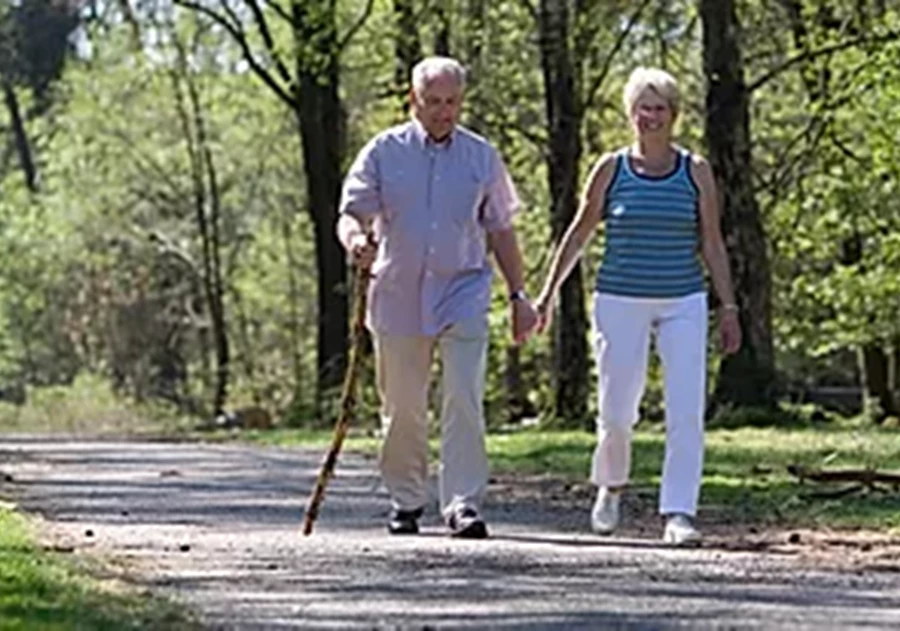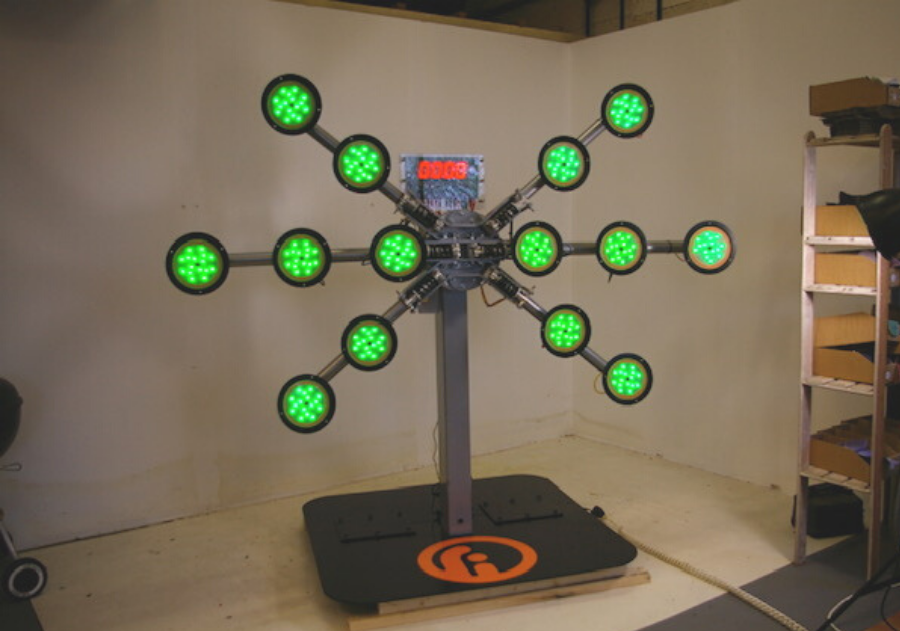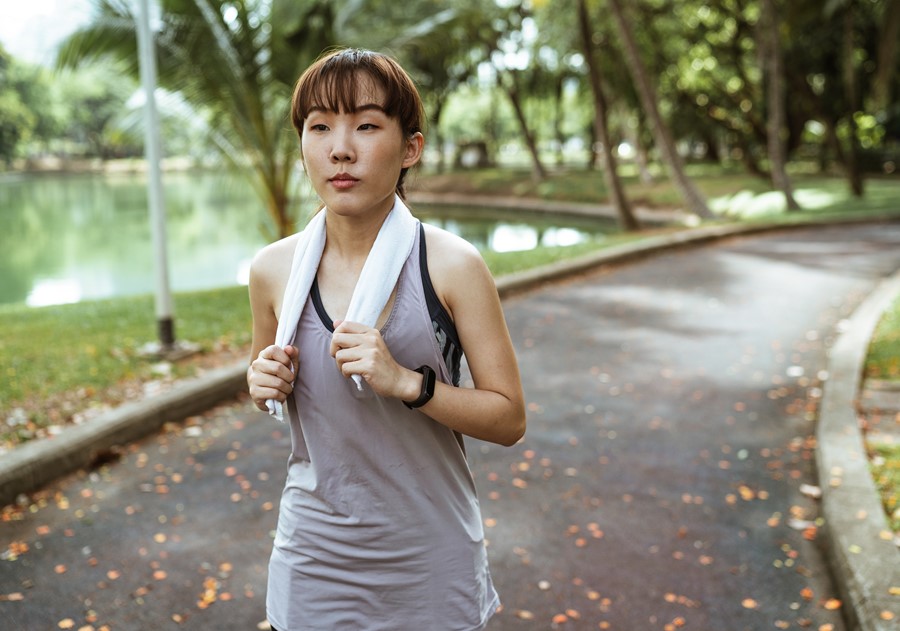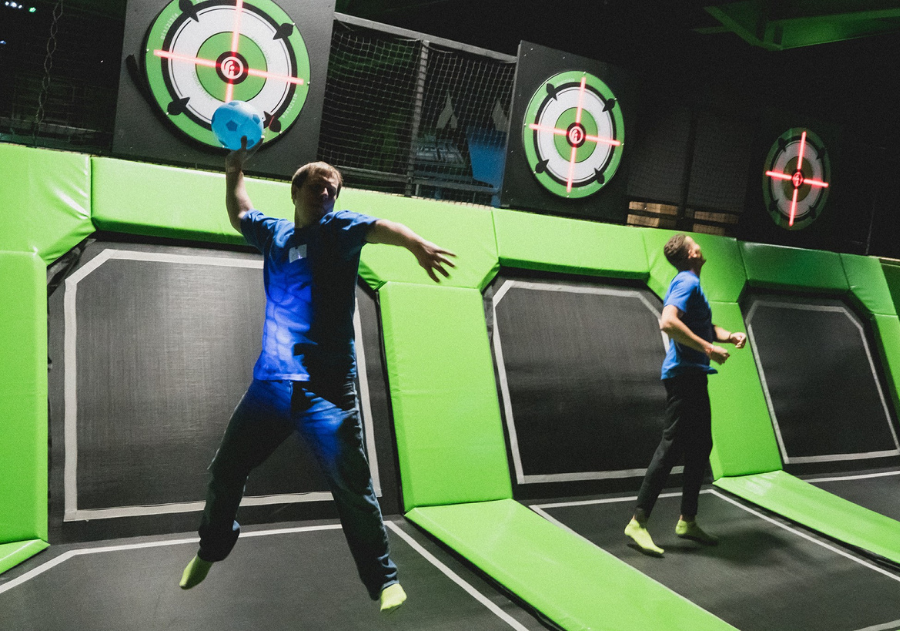
How Rugged Interactive can help keep everyone active, whatever their age
At Rugged Interactive, we believe that every person, irrespective of age and ability should have the opportunity to be active, and enjoy it.
Which is why we champion active ageing.
What is Active Ageing?
The World Health Organisation describe active ageing as the process of optimising opportunities for health, participation and security in order to enhance quality of life as people age. It promotes the idea that physical activity should be continued into later life, to reduce health risks associated with inactivity, and to ensure quality of life is maintained, or even improved as we age
Active ageing is one of our key focus areas this year, with research on-going in a number of residential and care homes. This blog outlines the many benefits of ageing actively, of which, we believe Rugged Interactive products can be a stimulus for.
Why is it so Important?
According to the Office for National Statistics, by 2030, the number of people over the age of 60 in the UK is expected to exceed 20 million. And research has found that as people get older, they’re far less likely to be active. 36% of people aged 55 and over are currently classified as inactive, compared to 26% of the population as a whole.
How to Age Actively
The importance of physical activity at all ages is well recognised. However, as we age, natural decreases in muscle mass and bone strength mean that exercise, strength building activities and improvements in balance are crucial.

The key components of active ageing are simple:
1. Get physical
Physical activity encompasses more than just ‘traditional exercise’. Gardening, shopping and dancing are also all good forms of physical activity for older people. Organisations such as Age UK and UK Sport are making active ageing one of their missions for 2019 and beyond – so, there’s plenty out there, it’s just a case of deciding what to try first.
Falls prevention is a key focus of elderly healthcare in the UK, with around a third of people aged 65 and over experiencing a fall each year. A combination of aerobic, strength building and balance exercises has been shown to reduce risk of falls in older adults by increasing muscle strength and bone density. Subsequently, this leads to fewer hospital visits and secondary health problems such as hip fractures as a result of a fall.
There is also strong evidence that suggests active ageing can lower an individual’s risk of heart disease, stroke, Type II diabetes and some cancers.
Studies have shown that those who are least active usually stand to benefit the most from increasing physical activity levels, with changes in physical health and quality of life often more prominent in such individuals. So, whatever the age and ability, significant improvements in physical health and fitness can be observed.
2. Exercise the brain as well as the body
Physical activity in older age has shown to improve mood and confidence, and lower risk of depression. There is also some evidence to show that active ageing can reduce the onset and progression of age-related diseases such as Parkinson’s and dementia.
Importantly, studies have also found that there are small but significant associations between physical activity and cognitive function. For example, improvements in memory have been observed, which can be especially important for older adults with dementia.
At Rugged, the evidence of our own eyes has convinced us not only of the cognitive benefits of physical exercise, but also of the additional value of exercise that includes cognitive challenge at the same time. Our CardioWall deliberately provides users with exercises that challenge both the brain and body. And we believe it is this brain-body combination that has resulted in such positive outcomes from brain injury patients and adults with age-related diseases who use the CardioWall.
Finding exercises and activities that require thinking or problem-solving also tends to be more engaging, motivating the participant to work that little bit harder, and providing a holistic approach to ageing actively.
3. Make it social
As people age, there is an inevitable withdrawal and disengagement from others in society, which can often lead to both loneliness and cognitive decline. Social interactions and networks challenge individuals to communicate and help maintain good cognitive performance.
Activities such as group physical exercise sessions, or walks with friends and family help to alleviate feelings of loneliness and depression. Plus, social activity has also shown to benefit cognitive function, reduce stress and lower blood pressure.

What are the Recommendations?
For adults who are over the age of 65, generally fit and have no serious health conditions government guidelines suggest:
-
150-minutes of moderate activity every week (or 75-minutes of vigorous aerobic activity)
-
Plus strengthening exercises on 2 or more days a week
We also believe that fitness should be fun. So, find an activity that is enjoyable, social and involves all major muscle groups – plus preferably a bit of ‘brain work’! It’s a recipe for success.
“I don’t believe in age. I believe in energy. Don’t let age dictate what you can and cannot do” – Tao Porchon-Lynch, 97-year old yoga teacher
by Lucy Manley
By Simon Heap, Creative Director
I designed the Pro-X Elite as the ultimate solution to a problem that I’d begun…
All movement matters. Whether it’s walking up the stairs rather than cruising up in a lift, a lunchtime jog rather…
Welcome back to our ‘Best For’ series where we highlight some of our best picks for your indoor adventure centre.…


